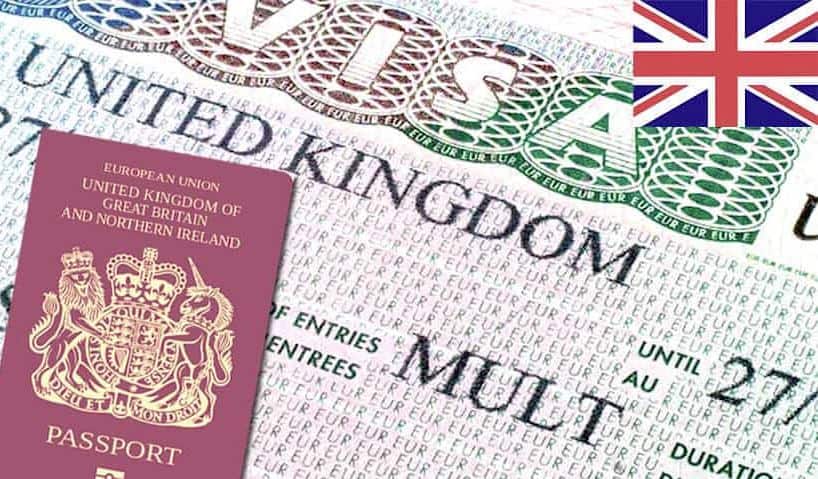The UK home office in a bid to dissuade employers from foreign employment have stated that recruiters wishing to bring in engineers, IT workers, and telecommunication staff from abroad will have to show they are investing in domestic workforce training.
This is as part of plans to reduce net migration to the UK. A government white paper to be published early next week is expected to outline new requirements for specific sectors thought to be too reliant on foreign workers.
It is expected that companies would now have to show they are investing in training, for example by increasing the number of apprenticeships, to continue employing overseas staff.
Bid to Tackle Migration
The white paper is designed to tackle record levels of overall migration, which soared to more than 900,000 a year under the last government. UK prime minister Keir Starmer, , is under pressure to cut the migration figures.
Consequently, he has set up a migration advisory committee to find out why several sectors depended on international recruitment and to what extent training, pay and conditions had driven these shortages with the committee report due by 6 May.
Government sources have however denied reports that migrants would have to learn a higher standard of English under measures in the white paper saying there was “no plan” to introduce a tougher foreign language exam, known as a B2, for people coming to the UK for work.
Net migration, to the UK rose to a record 906,000 in the year to June 2023 before falling to 728,000 in the 12 months to last June after former prime minister, Rishi Shunak’s conservative government increased the minimum salary for skilled overseas workers from £26,200 to £38,700 and banned care workers from bringing family to the UK.
Plans to Build Migrant Database in Place
Data disclosed by the Home Office in March showed that, of asylum seekers who entered on a visa but ended up in government accommodation, the most common home countries were Pakistan, Nigeria and Sri Lanka.
Officials are therefore working with the National Crime Agency to build a database of applicants from countries that are the source of most asylum claims as nearly 10,000 asylum claimants who arrived in the UK legally on work or study visas were living in taxpayer-funded accommodation, such as hotels, at some point last year.
Experts have however questioned whether the government would succeed in building such a database as it could lead to “arbitrary” outcomes.

